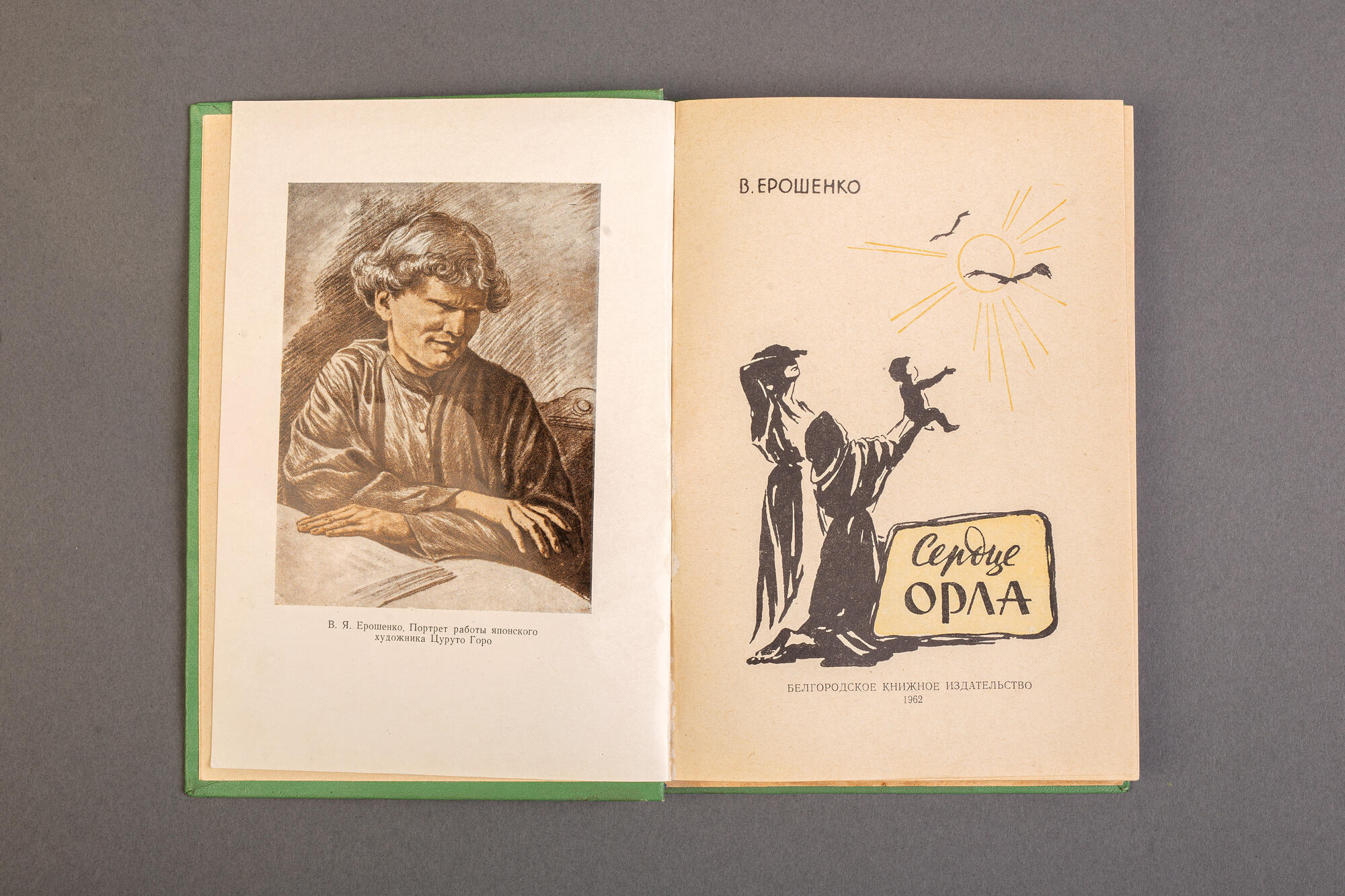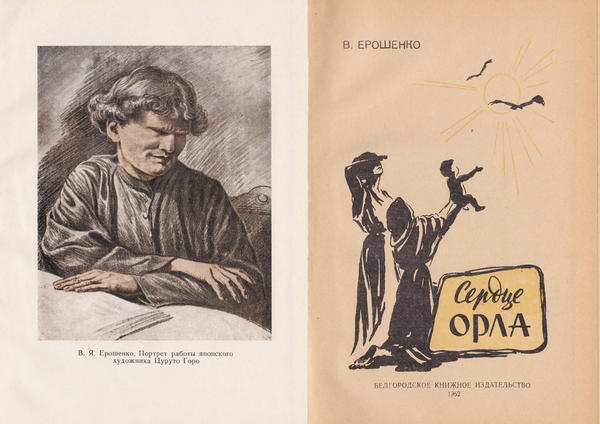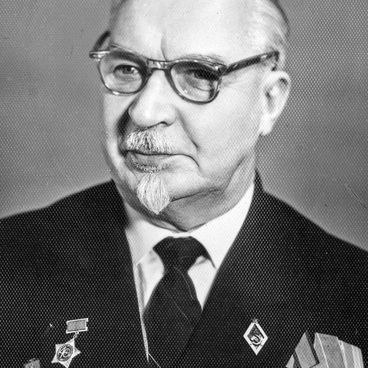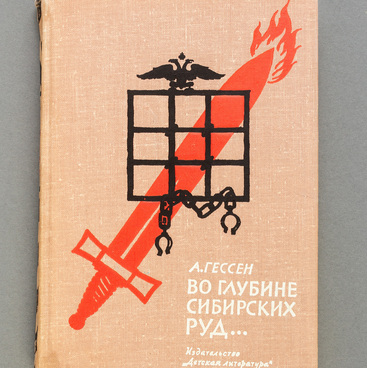The story of Vasily Yakovlevich Yeroshenko’s life, travels and creativity has become a legend not only in Russia but also in many European and Asian countries. Having lost his sight in early childhood, he compensated for this physical defect with the versatility of his talent.
While studying at a Moscow school for blind children, Vasily mastered the violin. His well-developed musical ear also helped him to learn the Esperanto language, which was fashionable at the time, and subsequently over a dozen modern languages.
After living in England, China, Japan, India, Burma, Turkmenistan, and Uzbekistan, Yeroshenko not only mastered the language of each country but also explored its culture, folklore, and philosophy. This helped him get along with representatives of various nations.
Yeroshenko was a typhlopedagogue, writer, translator, musician, and Esperantist and always managed to find an opportunity to improve his own skills and helped others — students, blind people — to do the same.
The vast majority of Vasily Yeroshenko’s legacy was written in Japanese and Esperanto.
The writer and poet received special recognition in Japan. In 1956, Professor Ichirō Takasugi’s book called “Yeroshenko, The Blind Poet” was published in Tokyo. It was through his efforts that three volumes of “Complete Works of Yeroshenko” were issued. The first volume included works written in Japanese, while the second — the ones written in Esperanto; the third volume was devoted to articles and memoirs about the writer.
In 1982, having visited the USSR and collected new materials about Yeroshenko’s life, Ichirō released another biography about the gifted Russian writer entitled “Singing at Dawn”. Between 1979 and 1996, Japanese readers got acquainted with selected works by Vasily Yeroshenko in Esperanto — a series of six brochures was prepared by Mine Yoshitaka.
Vasily Yeroshenko’s works occupy a well-deserved place in the Library of Japanese Children’s Literature, and articles about him are featured in encyclopedias and reference books.
The first book by Vasily Yeroshenko, published in the USSR in Russian, was “The Eagle’s Heart” (Belgorod, 1962). It was compiled by Roman Sergeyevich Belousov — a Moscow sinologist, journalist, and writer. The edition includes fifteen works by Yeroshenko: sketches, short stories, poems and fairy tales, that were previously published in Tokyo, and memoirs about their author.
While studying at a Moscow school for blind children, Vasily mastered the violin. His well-developed musical ear also helped him to learn the Esperanto language, which was fashionable at the time, and subsequently over a dozen modern languages.
After living in England, China, Japan, India, Burma, Turkmenistan, and Uzbekistan, Yeroshenko not only mastered the language of each country but also explored its culture, folklore, and philosophy. This helped him get along with representatives of various nations.
Yeroshenko was a typhlopedagogue, writer, translator, musician, and Esperantist and always managed to find an opportunity to improve his own skills and helped others — students, blind people — to do the same.
The vast majority of Vasily Yeroshenko’s legacy was written in Japanese and Esperanto.
The writer and poet received special recognition in Japan. In 1956, Professor Ichirō Takasugi’s book called “Yeroshenko, The Blind Poet” was published in Tokyo. It was through his efforts that three volumes of “Complete Works of Yeroshenko” were issued. The first volume included works written in Japanese, while the second — the ones written in Esperanto; the third volume was devoted to articles and memoirs about the writer.
In 1982, having visited the USSR and collected new materials about Yeroshenko’s life, Ichirō released another biography about the gifted Russian writer entitled “Singing at Dawn”. Between 1979 and 1996, Japanese readers got acquainted with selected works by Vasily Yeroshenko in Esperanto — a series of six brochures was prepared by Mine Yoshitaka.
Vasily Yeroshenko’s works occupy a well-deserved place in the Library of Japanese Children’s Literature, and articles about him are featured in encyclopedias and reference books.
The first book by Vasily Yeroshenko, published in the USSR in Russian, was “The Eagle’s Heart” (Belgorod, 1962). It was compiled by Roman Sergeyevich Belousov — a Moscow sinologist, journalist, and writer. The edition includes fifteen works by Yeroshenko: sketches, short stories, poems and fairy tales, that were previously published in Tokyo, and memoirs about their author.




